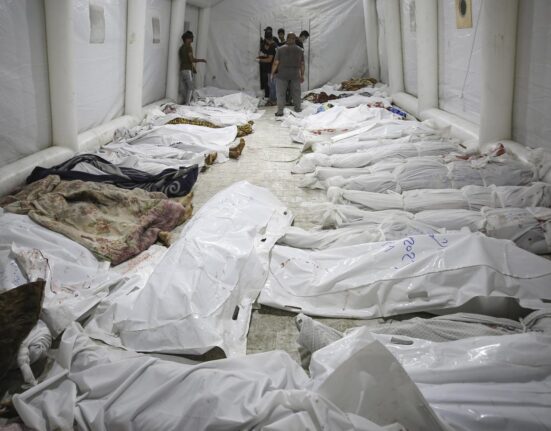Four billion people, half of the world’s population, faced prolonged extreme heat due to human-induced climate change from May 2024 to May 2025. The impact was staggering – leading to illnesses, fatalities, crop failures, and overwhelming pressure on energy and healthcare infrastructures. This revelation comes from a joint analysis by World Weather Attribution, Climate Central, and the Red Cross.
In their assessment, experts highlighted that while floods and cyclones often grab headlines, it is the silent killer of heat that poses one of the gravest threats. Friederike Otto, an associate professor of climate science at Imperial College London and one of the report’s authors noted:
“People don’t fall dead on the street in a heat wave … people either die in hospitals or in poorly insulated homes and therefore are just not seen.”
The insidious nature of heat waves lies in their subtle lethality. Many deaths related to extreme heat remain undocumented or erroneously attributed to underlying conditions like heart disease or kidney failure. Vulnerable communities bear the brunt of these extreme temperatures with older adults and individuals with pre-existing medical issues facing heightened risks.
Through rigorous peer-reviewed methodologies, researchers examined how climate change amplified temperature spikes during heatwaves. They also calculated the increased likelihood of such events occurring due to climate change influence. Shockingly, almost every country worldwide has witnessed a doubling in the number of days experiencing extreme heat.
To combat this escalating crisis, various strategies have been proposed including enhanced monitoring systems for extreme temperatures, provision of emergency health services, establishment of cooling shelters, implementation of updated building regulations for better insulation against heat fluctuations, enforcement of workplace safety protocols during high temperatures, and urban planning aimed at enhancing resilience against rising temperatures.
While these measures aid in coping with more frequent and intense heat waves effectively; experts insist that true relief can only come through comprehensive mitigation efforts such as phasing out fossil fuels. As underscored by the study:
“only comprehensive mitigation through phasing out fossil fuels will limit the severity of future heat-related harms.”
The findings serve as a stark reminder that urgent action is needed on both individual and global levels to address the far-reaching impacts of climate change-induced extreme heat events.









Leave feedback about this